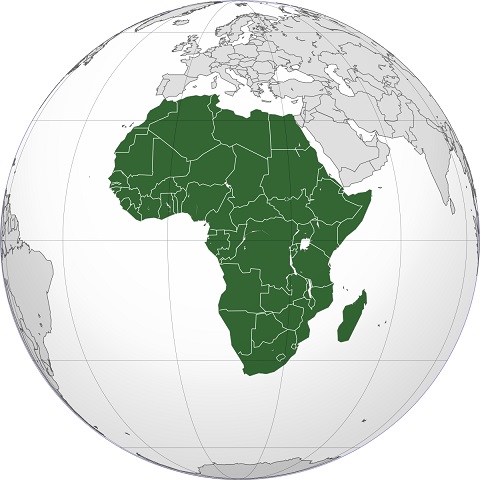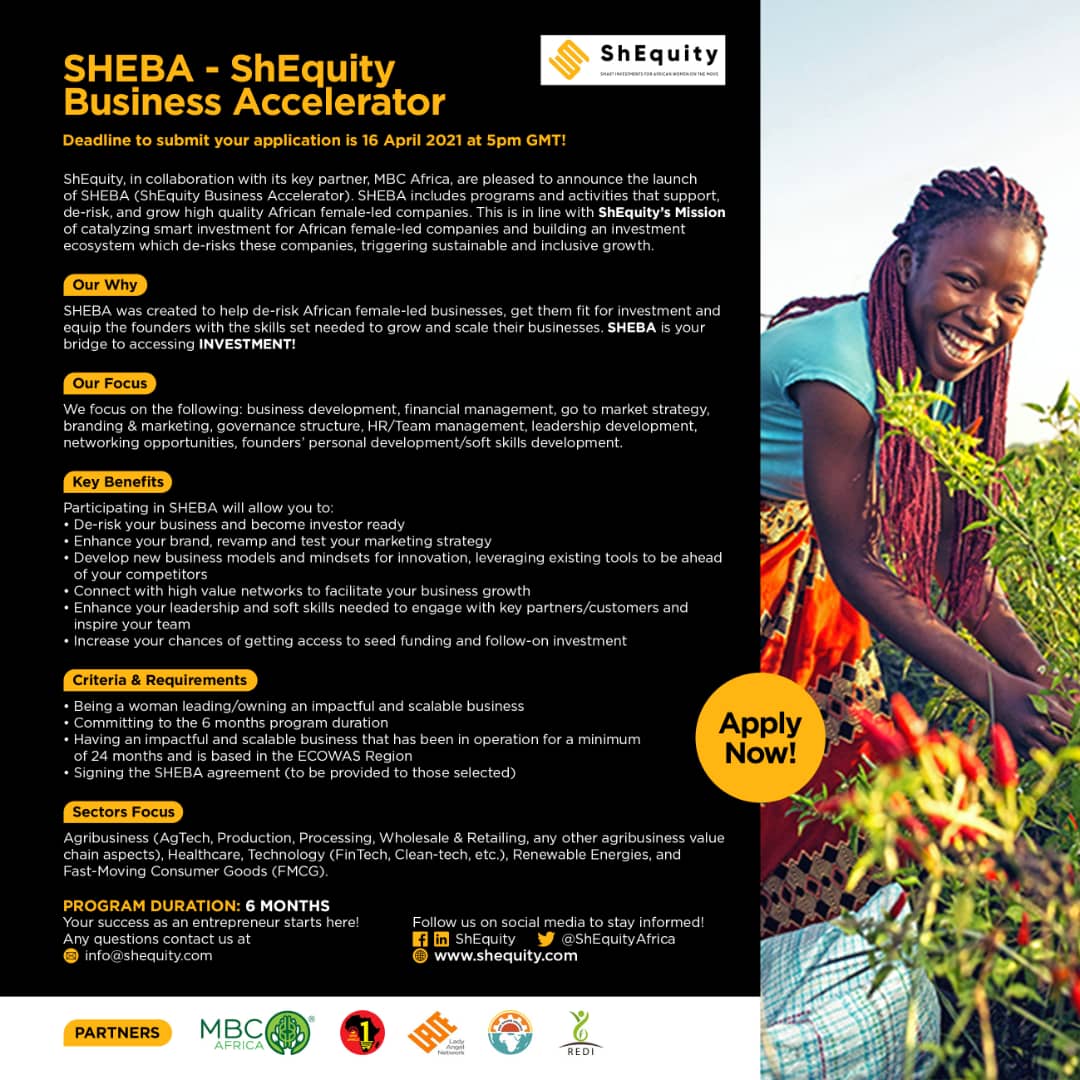Africa must pass legislation that would empower advanced technology companies to establish Innovation Zones in their countries. Experts have described innovation zone as a self-ruling community, organized much like a traditional city but wholly focused on the development of innovative and advanced technologies. This is different from my views on Big Tech Companies having R&D shops in their local African offices. These innovation zones would function as independent local governments, supporting resident housing, schools, retail, transportation, power generation and health care facilities and fostering economic development in emerging technology industries.
We believe that these zones must own its own political system with its own local government, providing basic services, such as police and fire, wastewater treatment, health care, a judicial system and education. It would be governed by a four-person board, two of which are chosen by governments. The board should ensure that innovative technologies created improve the overall wellbeing of their communities.
Innovation Zones offer us the opportunity to modernizing Africa’s infrastructure, beat entrenched bureaucracies and end antiquated permitting processes. With Innovation Zones, we can finally have cutting edge industrial bases that offer good-paying jobs to energize our economy for decades to come. This is the best time to take on big things-making smart investments in our future and revive the bones and sinew of Africa’s economy.
We think some of the qualified companies should include those promoting autonomous vehicles, the internet of things, robotics, artificial intelligence, blockchain, wireless technology, biometrics or renewable resource technologies. These firms would take advantage of Africa’s massive, contiguous uninhabited acres, providing immediate investment in billions of dollars into (empowered by legislation) Africa’s economies, backed with clauses that compel these firms to make yearly defined investments over the span of 15 years. Over time, these innovative technologies would give us technical capacity to build stuffs for the world like Israel has been able to achieve.
For example, big cities like Lagos, can give energy to their smart city ambitions by providing dedicated acres (maybe expanding the use of the Lekki/Epe Free Zones) with energy infrastructure where the digital transactions of governments, businesses and residents would be facilitated by distributed ledger technology. If there is anything this pandemic has taught us, it is that now is the right time to accelerate and pursue innovative ways to inject Africa with new and organic economic growth. Elon Musk Utility-scale battery can help us support these innovation zones grid capacity and viability. A Tesla subsidiary, Gambit Energy Storage LLC is building a more than 100 megawatt energy storage project in Angleton, Texas with this battery potentially able to power about 20,000 homes, an eye opener to new possibilities.
For a continent with pervasive power outages, Tesla solar panels and Powerwall batteries can allow a flourishing innovation zone, through saving and storing energy even if the power grid fails. We have to transform our local government areas into a fulcrum of innovation. This is because as existed as they are today, they are moribund, inadequate alone to provide the elasticity and resources conducive to making the Africa a leader in attracting and retaining new forms and types of businesses and fostering economic development in emerging technologies and innovative industries.
It is time for oil-producing states in Africa to diversify their economy beyond traditional sectors through innovation zones via technologies such as blockchain, autonomous systems, Internet of Things (IoT), robotics, artificial intelligence, renewables and biometrics. African government must tap into the global sentiments for minimum global tax rates; in these innovation zones they can make money via taxing businesses there and applying special fee on the technology developed there. This holds the potential to position African innovation zones as a global centre of advanced technologies and innovation, while helping to create immediate positive economic impact and design the economy of the future.
Conversely, Africa government must provide support towards these Innovation Zones as these will enable them capitalize on building innovation ecosystems that, barring government support, it would be unable to capitalize on this knowledge economy assets. By requiring co-location of educational and vocational facilities within these innovation zones, we will be able to facilitate job placement and access to the innovation ecosystem across the skills spectrum and enhance connections to surrounding communities.
Finally, African innovation zones will attract massive economic development investment with far-reaching implication for pulling millions out of poverty. Innovation zones are like living things, setup on private lands they will be accountable and will evolve into communities led by elected people subsequently. For now, they are led by technologists. Navigating VUCA times (Volatility, Uncertainty, Complexity, Ambiguity) demands we take a different approach to leadership in this age of fast and accelerating change. We will either take on this pedestal to global economic influence or let the world leave us in the dustbins of history.
Written by Caesar Keluro, Co-Founder/CEO, Nanocentric Technologies Limited. He leads ‘Make In West Africa’, a regional Think-tank. He tweets https://twitter.com/KCaesar, https://www.linkedin.com/in/caesarkeluro/










